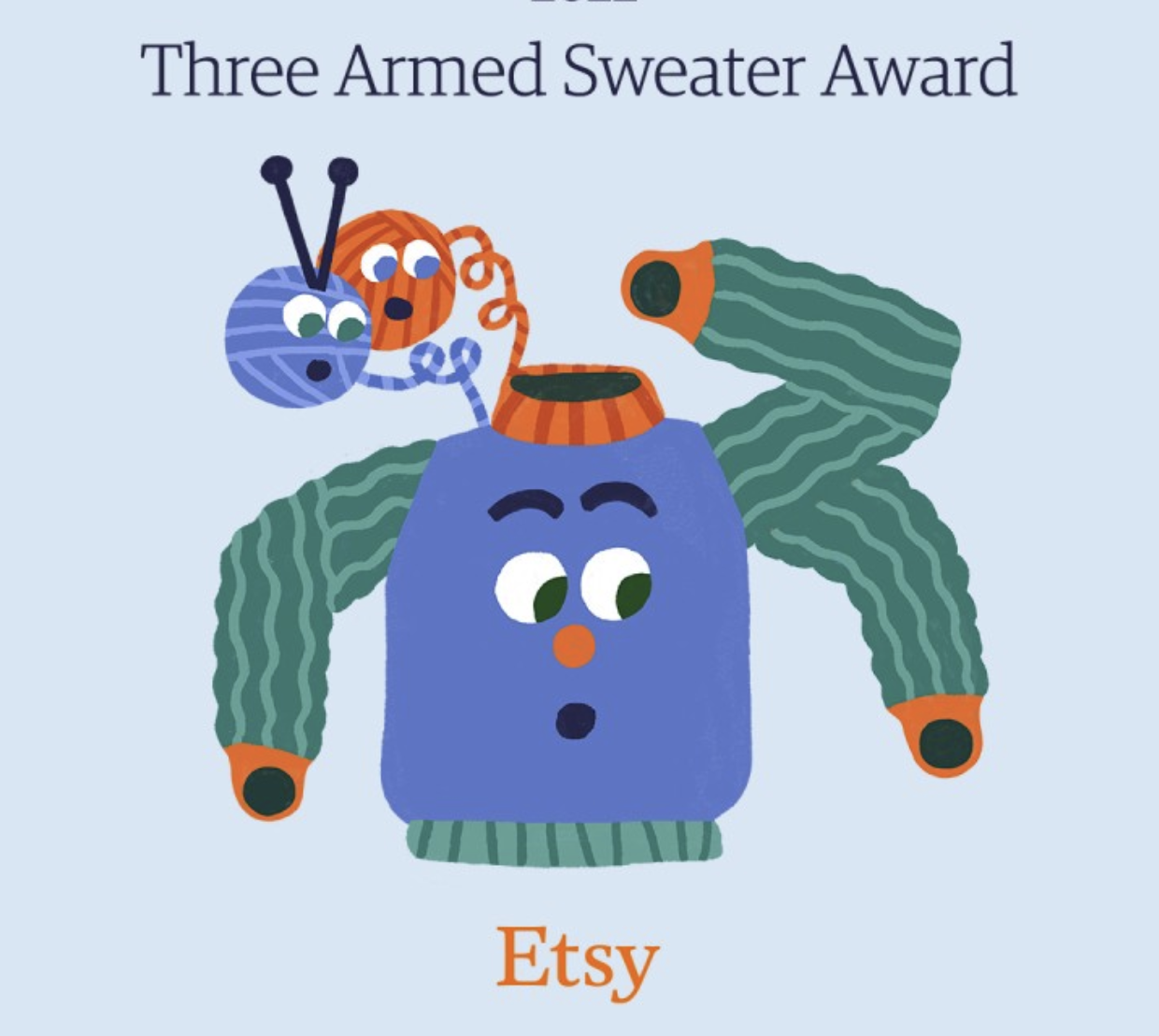Why Your Keynote Needs a Creativity Expert, Not Another Industry Specialist

If I could wave a magic wand and eliminate one misconception in the creativity and innovation keynote space, it would be this: “for my ________ keynote, I need a ________ expert.” Fill in the blanks with your specific industry.
I hear it all the time! And I get why. You’re trying to book a speaker to inspire innovation on your [pharmaceutical sales, enterprise tech, manufacturing] team. Isn’t it a safe play to book an expert in [pharmaceutical sales, enterprise tech, manufacturing] sales? Won’t they better resonate with the audience? I see why your answers to those questions might be “yes.”
I’m here to tell you that the answers are a resounding “not necessarily,” and maybe even a flat-out “no.”
And it’s not just because I want you to book me for your next keynote. Of course, I do, but it’s more important to me that we get everyone on the same page: creativity is its own, distinctive skill, with its own, distinctive training, and its own, distinctive experts.
And the research proves it.
The Innovation Paradox
Domain expertise comes with a hidden cost. Industry veterans bring valuable knowledge but often suffer from "functional fixedness" – an inability to see beyond established paradigms. The deeper someone's expertise, the harder it becomes to question fundamental assumptions or imagine radical alternatives. University of Massachusetts psychologist Jennifer Wiley demonstrated this in her 1997 study entitled “Negative Effects of Domain Knowledge of Creative Problem Solving.”
Research Confirms the Creativity Advantage
A groundbreaking study published in the Journal of Creative Behavior (Puccio et al., 2018) examined 114 problem-solving groups and found that teams with creativity training dramatically outperformed those without it. They generated twice as many ideas, produced more original concepts, and developed solutions judged significantly more creative – regardless of the specific problem domain.
Most revealing was that even untrained groups following a simple creative process structure (separating idea generation from evaluation) significantly outperformed groups without process guidance. The evidence is clear: creativity is a standalone skill that can be learned and trained.
Based on these two studies, I’d argue that if you’re looking for an industry expert to inspire innovation, you might be looking in the wrong place. Instead, you might look for an expert in creativity – and not just creativity, but teaching people how to be creative.
Why Process Experts Outperform Domain Experts
Creativity experts bring three crucial elements that domain specialists typically lack:
1. Process Architecture: They implement structured approaches that separate divergent thinking (generating possibilities) from convergent thinking (developing solutions), preventing the premature judgment that kills breakthrough ideas.
2. Leadership Skills: Research shows leaders with creativity training are rated significantly more effective. They create psychological safety for unconventional thinking, guide groups through ambiguity, and maintain productive creative tension.
3. Cross-Pollination Tools: Creativity experts introduce techniques that connect disparate ideas, challenge assumptions, and reframe problems – drawing from multiple domains rather than a single industry's playbook.
Integration, Not Replacement
The most powerful innovation model integrates domain knowledge with process expertise. Domain experts contribute their technical understanding while creativity experts architect the process, prevent biases, and introduce novel thinking tools.
Consider a hospital improving emergency department flow. Healthcare consultants typically apply standard industry frameworks. A creativity expert instead facilitates a process where healthcare providers contribute domain expertise within a structure designed to transcend traditional thinking patterns. The resulting solutions blend industry knowledge with fresh approaches from outside healthcare.
The Bottom Line
When seeking breakthrough innovation, organizations benefit more from expertise in how to innovate than additional expertise in what they already know. While domain knowledge remains valuable, creative process architecture determines whether that knowledge becomes a foundation for transformation or a prison of conventional thinking.
The most valuable innovation resource isn't someone who knows your industry better than anyone else – it's someone who knows how to unlock creative thinking in any industry. For organizations serious about innovation, creativity expertise isn't just valuable – it's essential.
Sources: Puccio, G.J., et al. (2018). Creative Problem Solving in Small Groups: The Effects of Creativity Training on Idea Generation, Solution Creativity, and Leadership Effectiveness
Wiley (2007). Negative Effects of Domain Knowledge on Creative Problem Solving.






